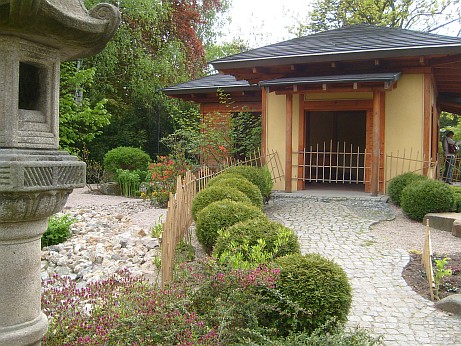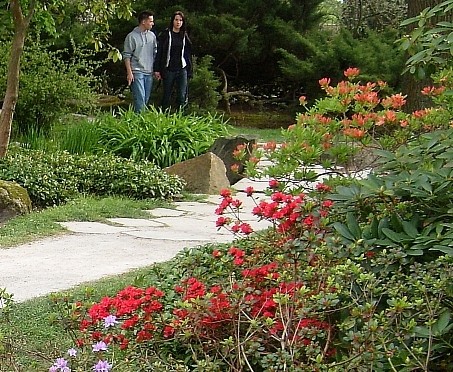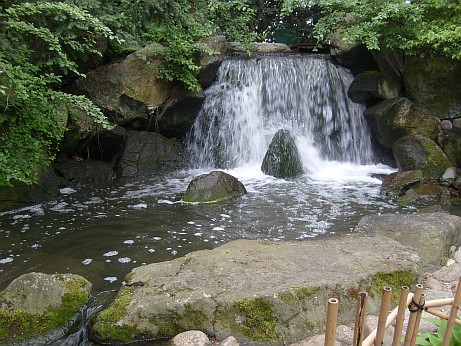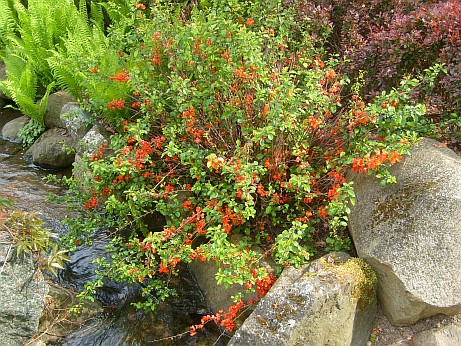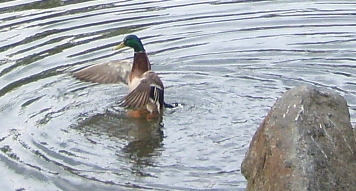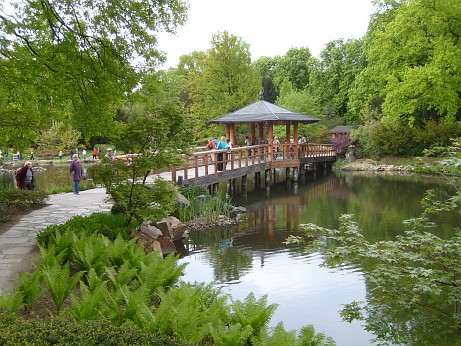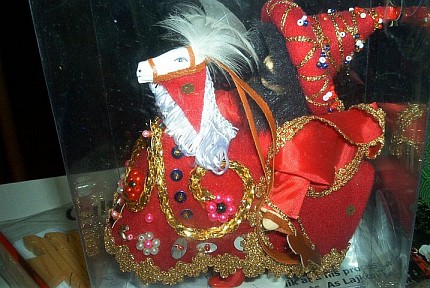POLAND: Long weekend and traditional May outing in Japanese Garden /Wroclaw
Majówka - May outing - this is the name given to the year’s first picnics and outings. In the city, for example Wroclaw, this can mean nothing more than a family and/or group of friends getting together and heading for the nearest green patch of nature – a park, grove, woods, forest clearing, riverbank, etc. – with baskets of food and some blankets to spread it on and the picnickers on..
In Wrocław very popular for outings is the Japanese Garden which looks fabulous in May.
The 'long weekend' 1-4 May - including national holidays - is the perfect time to visit Japanese Garden for 'majówka' :)
Go for a walk.. movie
http://www.youtube.com/watch?v=ZboKLn_fxdg
In Wrocław very popular for outings is the Japanese Garden which looks fabulous in May.
The 'long weekend' 1-4 May - including national holidays - is the perfect time to visit Japanese Garden for 'majówka' :)
Go for a walk.. movie
http://www.youtube.com/watch?v=ZboKLn_fxdg
Welcome to Japanese Garden for (virtual) walk..
More Polish events and celebrations in May
Nabożeństwa majowe – May devotions: May has traditionally been the month set aside to honor the Holiest Virgin Mary (Najświętsza Maria Panna). It is the month of daily Marian devotions that include the rosary, Marian hymns and litanies as well as processions and crownings of statues of the BVM
Feast of St. Stanislaus - May 8 (Dzień Świętego Stanisława): Celebrated at nameday parties by many Poles named Stanisław, it becomes a major religious event in Kraków the following Sunday. On that day Poland’s bishops gather to lead a procession through the streets bearing the relics of Polish saints from Wawel Cathedral to the shrine at Skalka.
Mother’s Day - May 26 (Dzień Matki)
http://webnews.textalk.com/en/article.php?id=261226
Corpus Christi - May 22 (Boże Ciało ): This feast honoring the Holy Eucharist usually falls in June, but due to this year’s exceptionally early Easter is being celebrated on May 22. The main celebration is Holy Mass which ends with a procession in the surrounding streets. Processing beneath a canopy, the priest bears the Eucharist in a Monstrance, with two more parish activists propping up his elbows...
Tartar Hobbyhorse Parade - Octave of Corpus Christi (Pochód Lajkonika): Since Corpus Christi is a solemnly religious experience, this is more frivolous event which is held on the following Thursday. The Lajkonik, a memento of the 13th-century Mongolian invasion of Poland, is a bearded figure who prances about on a wooden hobbyhorse. (He actually walks on his own legs only holding a prop made to resemble the horse’s head and torso.) The parade wends its way through Old Kraków to the Norbertine Monastery with plenty of gags, fun and general merriment along the way.
Feast of St. Stanislaus - May 8 (Dzień Świętego Stanisława): Celebrated at nameday parties by many Poles named Stanisław, it becomes a major religious event in Kraków the following Sunday. On that day Poland’s bishops gather to lead a procession through the streets bearing the relics of Polish saints from Wawel Cathedral to the shrine at Skalka.
Mother’s Day - May 26 (Dzień Matki)
http://webnews.textalk.com/en/article.php?id=261226
Corpus Christi - May 22 (Boże Ciało ): This feast honoring the Holy Eucharist usually falls in June, but due to this year’s exceptionally early Easter is being celebrated on May 22. The main celebration is Holy Mass which ends with a procession in the surrounding streets. Processing beneath a canopy, the priest bears the Eucharist in a Monstrance, with two more parish activists propping up his elbows...
Tartar Hobbyhorse Parade - Octave of Corpus Christi (Pochód Lajkonika): Since Corpus Christi is a solemnly religious experience, this is more frivolous event which is held on the following Thursday. The Lajkonik, a memento of the 13th-century Mongolian invasion of Poland, is a bearded figure who prances about on a wooden hobbyhorse. (He actually walks on his own legs only holding a prop made to resemble the horse’s head and torso.) The parade wends its way through Old Kraków to the Norbertine Monastery with plenty of gags, fun and general merriment along the way.
